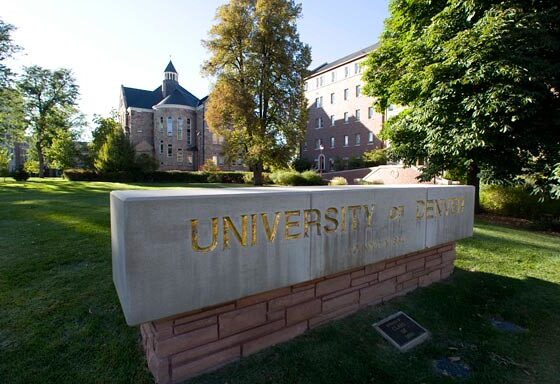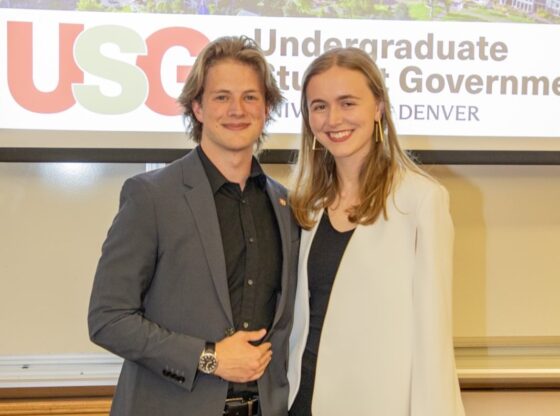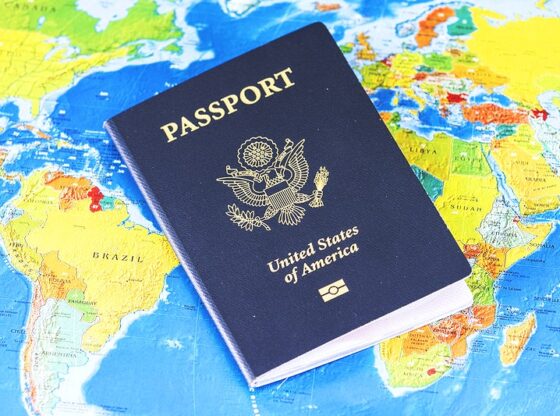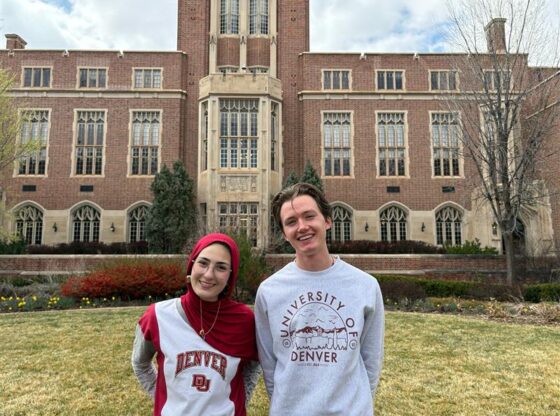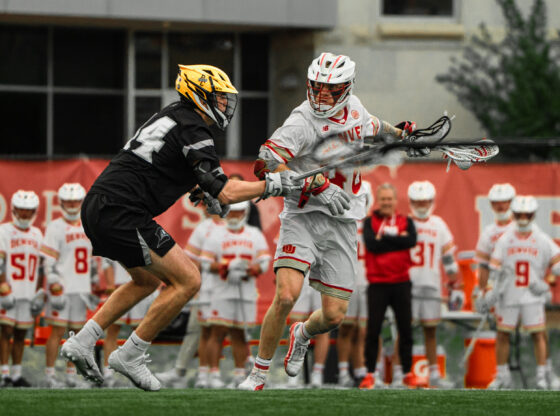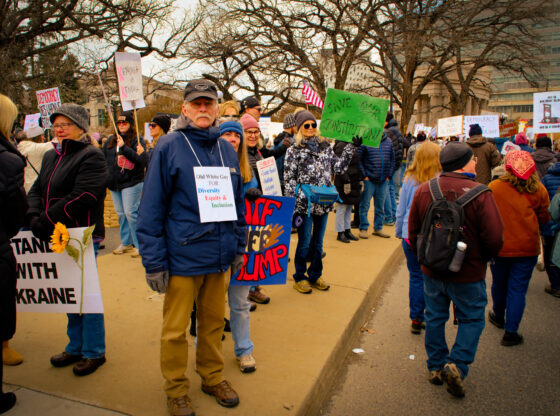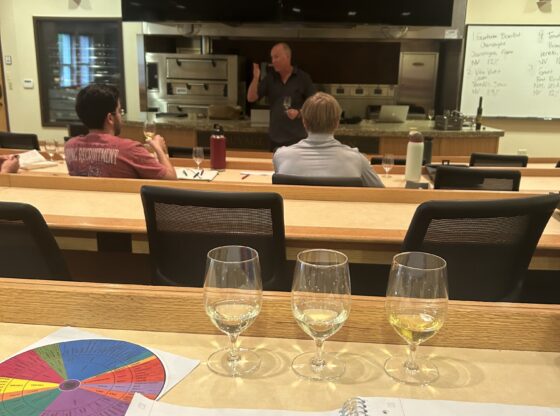Two weeks ago, Americans marked the 10th anniversary of the 9/11 terrorist attacks, a day that will live in our society’s memory for countless decades. The horror felt by the American people on September 11 changed us; it changed how we see ourselves, how we see the world, and by consequence, how we are seen. I can think of few things more offensive to an American than the dismissal of this event. I cannot imagine many Americans would respond positively to being told that 9/11 did not occur, that it was unimportant or was deserved.
This event has become a part of our collective memory and because of this it has become sacred. It has moved beyond a rationally viewed historical event, and it cannot be treated lightly.
A similar societal trauma exists among the Palestinian people and the societies of the Middle East who identify with them. Last week, I asked one of the members of my host family here in Jordan if I should visit Israel/Palestine before going home. I expected him to react strongly to the idea of visiting “the Zionist regime,” but his answer floored me. Without missing a beat, he replied, “You must go.” He told me Palestine was the most beautiful of places and that the land was holy – all human beings should visit such a place. With great sadness, he told me, “the border is less than 30 minutes from here, but we can’t cross it.”
A few days ago, I had another experience with this. One of my Arabic teachers, a young Palestinian woman, told us of her love for different cultures and how badly she wants to see the world. When asked where she would like to go, she listed Rome and Spain and then said with a quiet sadness in her voice, “and of course, Palestine. That is my homeland.”
For people in this part of the world, the founding of the state of Israel in 1948 is referred to as the nakba, translated as “the disaster” or “the cataclysm.” This was the time when hundreds of thousands were evicted from their homes and their land with precious few of their belongings. The vast majority of them have never been allowed to return, even to visit. Today, there are about 4.62 million people who were either displaced personally in 1948 or 1967 or are the descendants of those who were. For this community, a profound loss continues to reverberate. A sense of injustice, of a deep and abiding wound, lingers in their collective memory and psyche and this inevitably allows the development of a troubling feeling: that they have lost control of their own destiny.
Recognizing this is vital to understanding the situation from this side of the Jordan River. Unfortunately, I fear we dismiss this trauma far too easily, maybe not by outright denying its existence, but by downplaying its significance or legitimacy or, more often, being ignorant of it entirely. I do not pretend to know how these wounds can be healed, or how they can be addressed in the broader context of a mutually fair settlement between the Israelis and the Palestinians, but I think increasing understanding and empathy on all sides is part of any desirable solution.
From the Palestinian perspective, Israel is the embodiment of this pain. Not only did they come into existence at the expense of others, their rockets and tanks continue to kill innocents and their government continues to oppress those living in Gaza and the West Bank. And that government, with its guns and its jets, is funded, maybe even propped up, by the U.S. Therein exists a fundamental problem for both nations.
It absolutely must be acknowledged that this is only half of the story, but that doesn’t make it an unimportant half. How can you have a conversation with someone who does not accept the most painful part of your history? When the president of Iran denies the Holocaust, he is instantly relegated to the status of crackpot. His ideas are no longer legitimate to us on a very emotional level.
At the very least, traumas must be acknowledged.




